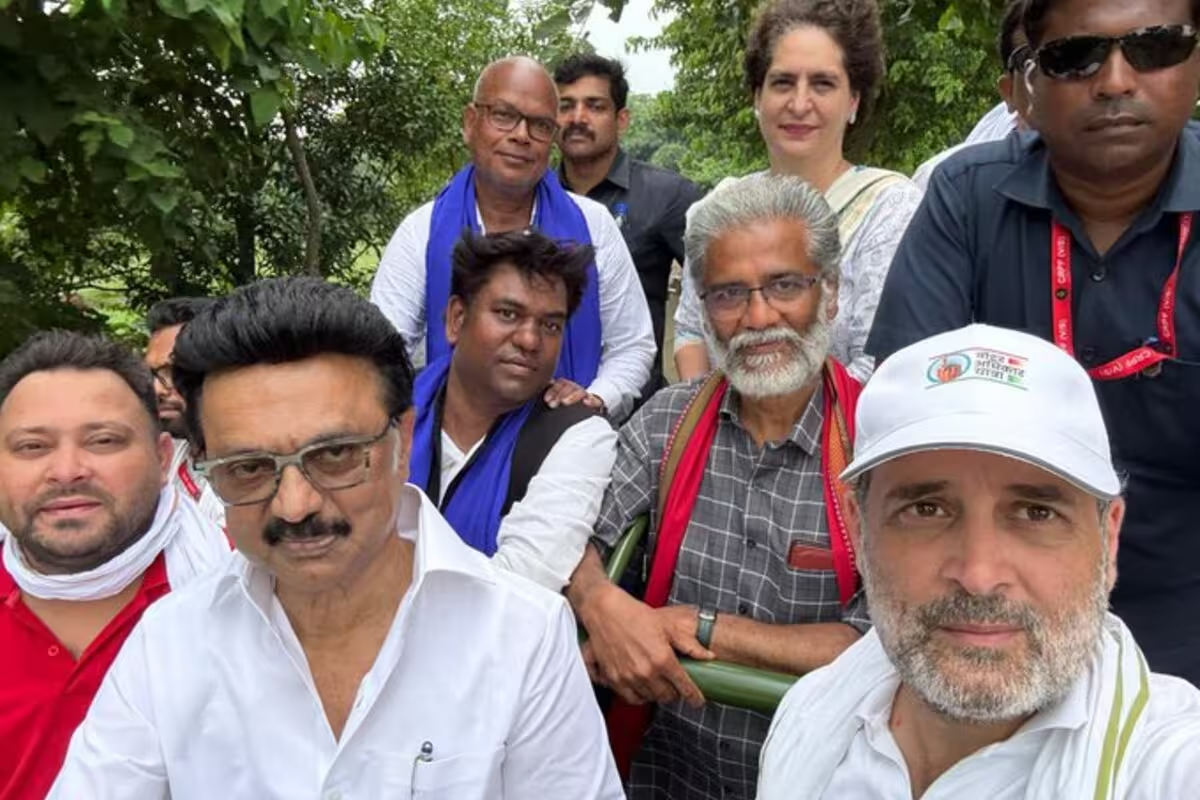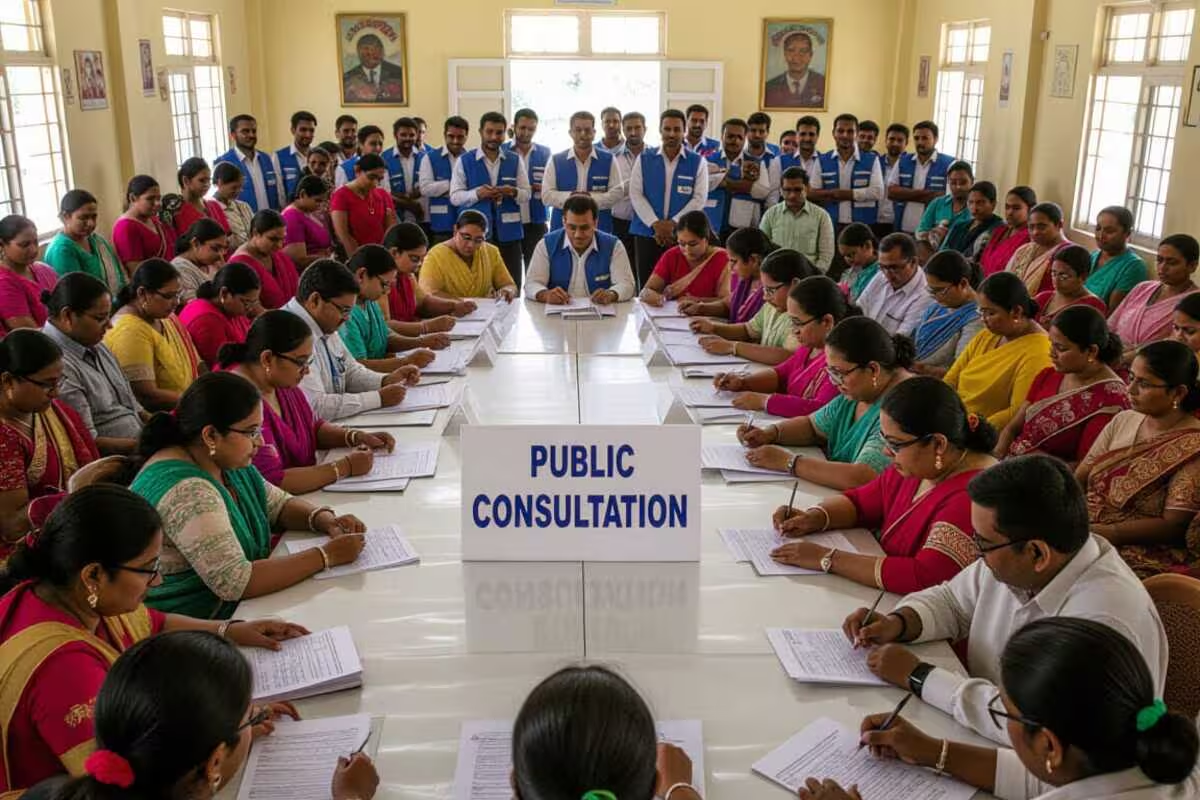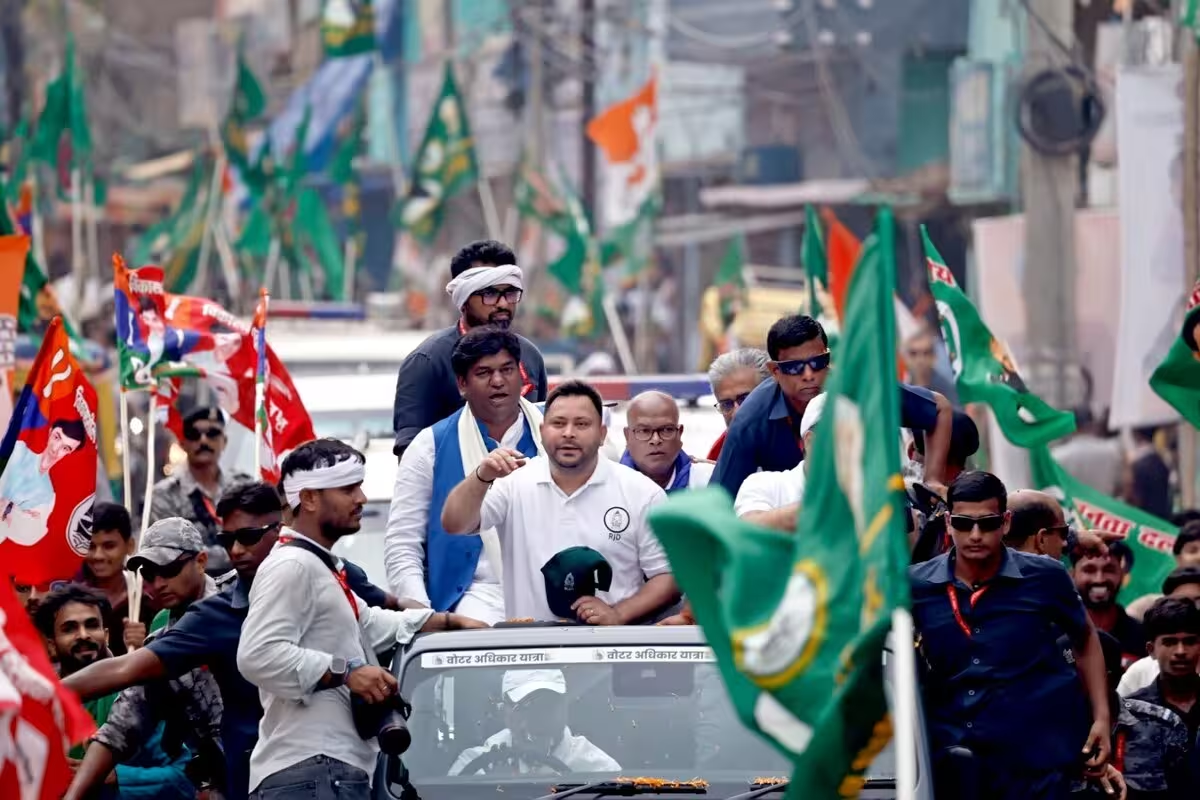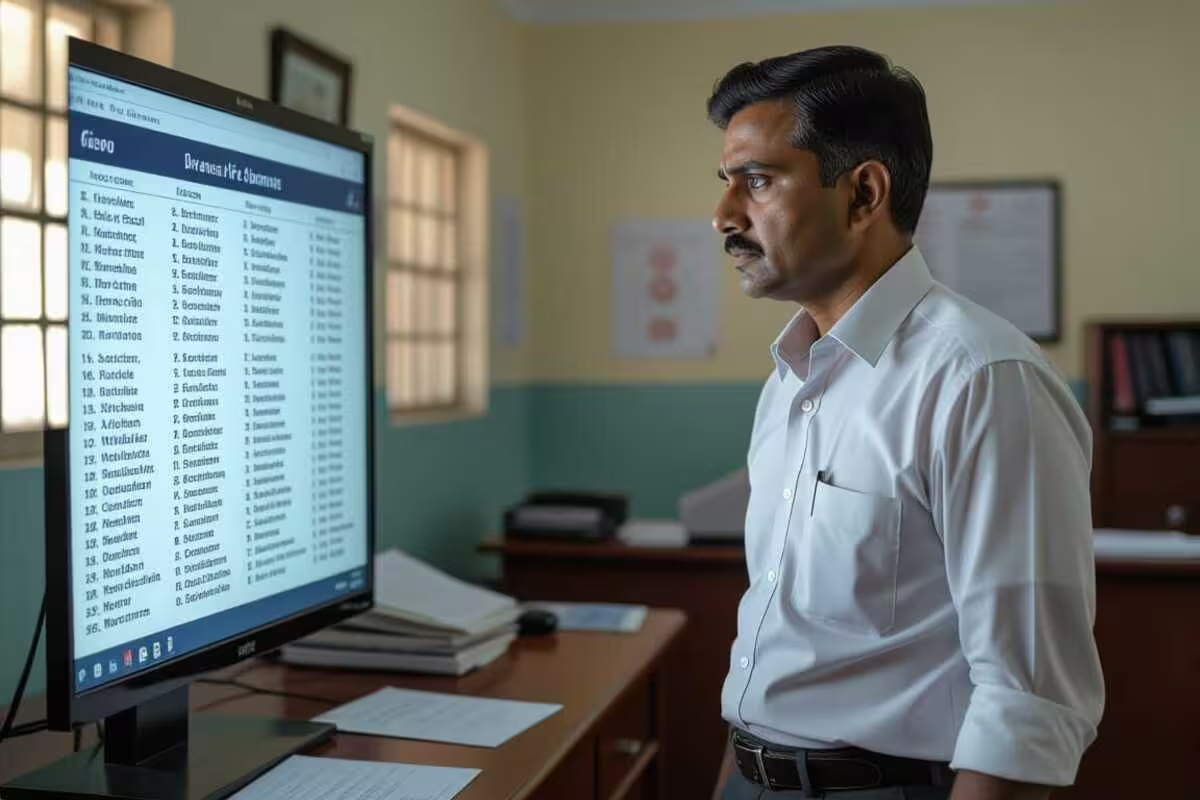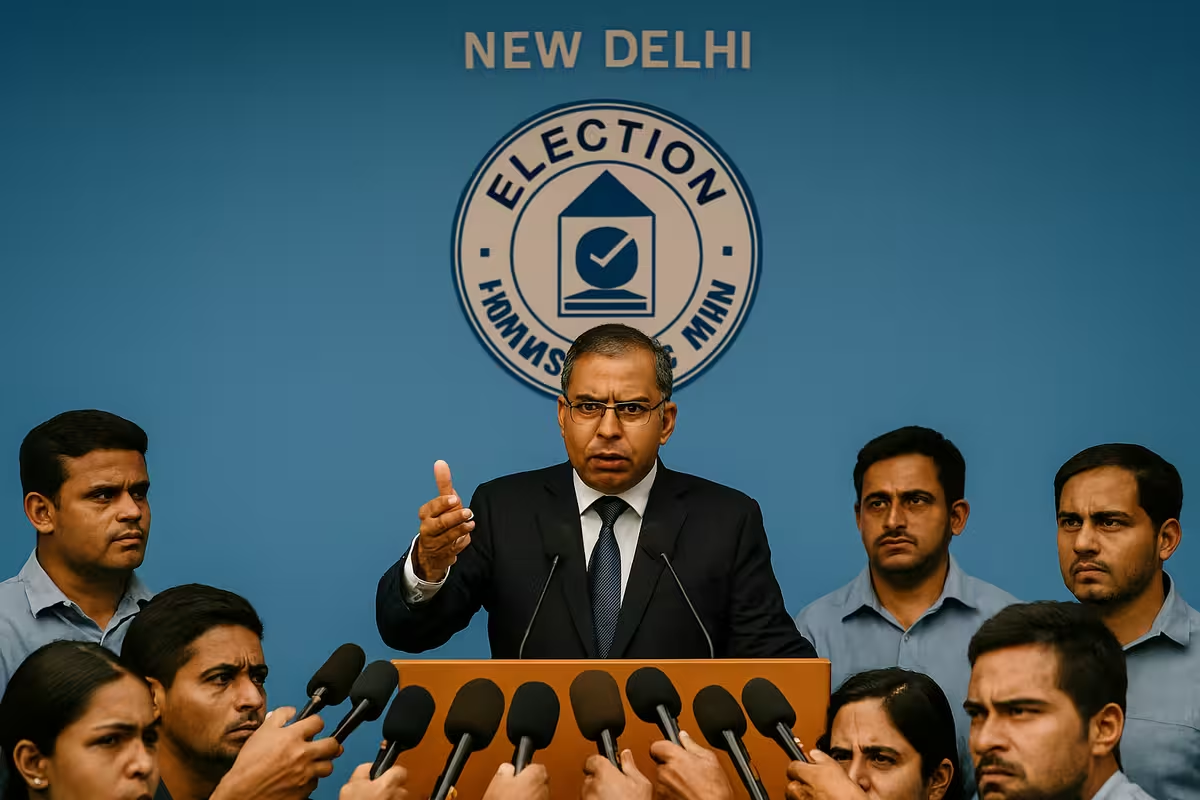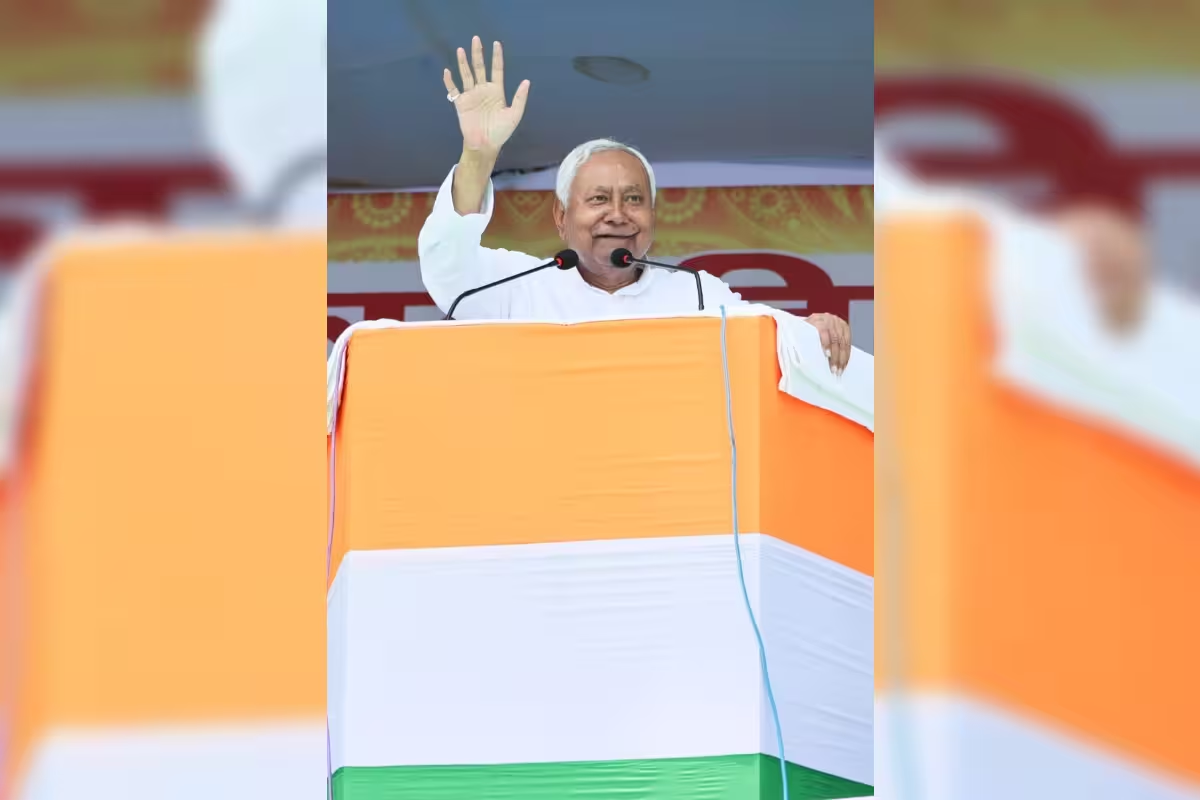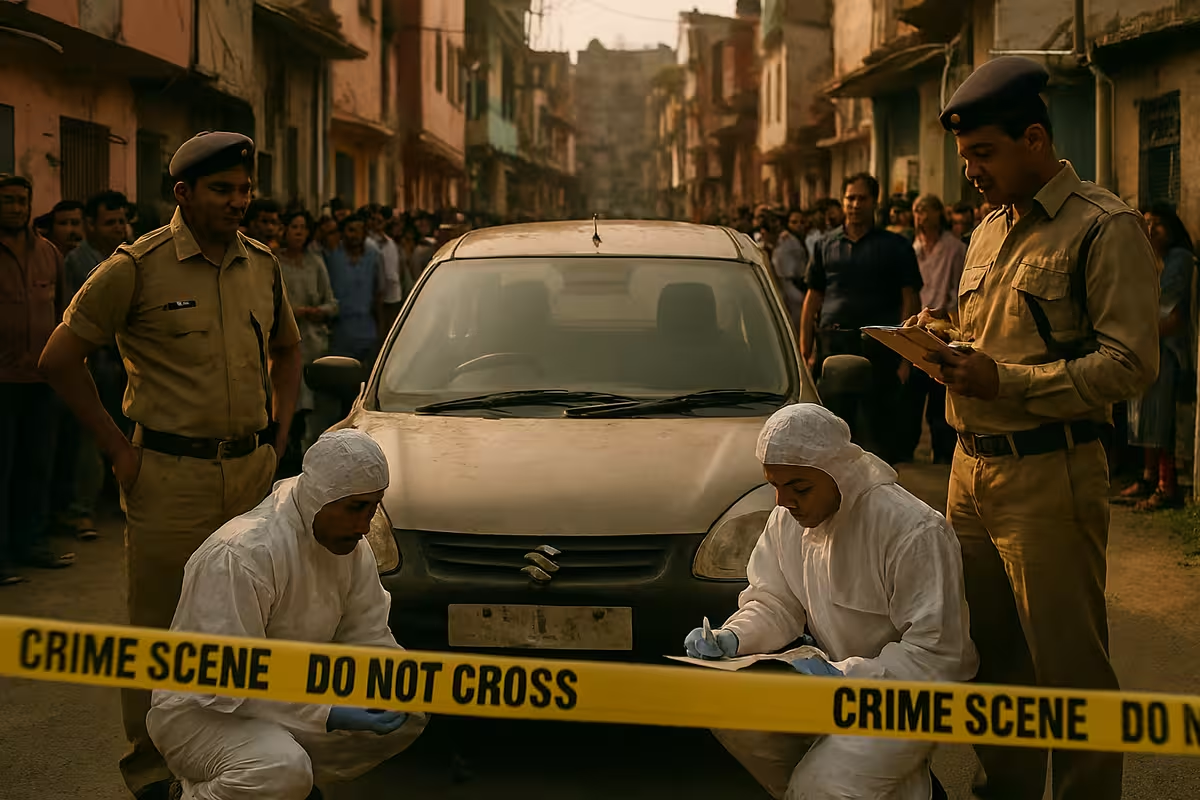Controversy in Bihar Electoral Roll Revision: Voters Under Pressure of Documentation
PATNA, Bihar, India – 10 July 2025: The ECI is being pilloried over its present “Special Intensive Revision (SIR)” of the electoral rolls in Bihar, with all opposition parties and civil society groups alleging that the current way of carrying out the exercise is totally contrary to the past practices and thrusts an undue burden on voters besides transgressing the hallowedness of the existing voter lists. The controversy sharpens when the Supreme Court takes up petitions against the ECI directive today. Among the charges against this revision is that it is, just months before assembly elections, intended to disenfranchise lakhs of genuine voters.
Harshest Demands of Documentation
Under the present SIR direction, any voter whose name is not found in the 2003 electoral rolls is to supply one of 11 documents to prove their date/place of birth or, in some cases, similar proof for their parents. This is in stark contrast to the previous self-declarations that often sufficed for such roles, the last being revised. A person objecting to someone’s citizenship is usually the one who has to prove in the draft roll that he/she is not imposing citizenship on the voter—it is not the other way around. Most significantly, the accepted list of documents excludes Aadhaar cards, ration cards, and MGNREGA cards, which are terribly popular.
Opposition and Legal Challenges
Opposition parties led by the Congress and the Rashtriya Janata Dal, among many others, have vehemently protested the revision, terming it a “devious and dubious” practice. The criteria put in place are claimed by the opposition to discriminate against economically and socially backward communities, poor migrant workers, and others because they cannot produce birth certificates or proof of entry of their parents into the country. The Association for Democratic Reforms has filed a petition in the Supreme Court, stating that the order of the ECI is arbitrary and thus could disenfranchise millions of voters, particularly those who enrolled after January 1, 2003.
ECI’s Defense and Template
According to the ECI, only eligible Indian citizens ordinarily residing in a constituency must be enrolled under Article 326 of the Constitution. This aims at eliminating duplicate and bogus voters and keeping pace with demographic shifts such as migration. The ECI clarified that they need not furnish any documents for themselves or their parents but verify their details and give an enumeration form to about 4.96 crore voters whose names are in the 2003 electoral rolls. Previous intensive revisions, like the one in the 1980s or early 2000s, relied almost wholly on house-to-house verification and self-declaration rather than stringent documentary proof for existing voters.
Implementation Problems and Concerns
Ground reports indicate that there is an urban-rural divide on SIR implementation. For instance, while some BLOs in urban Patna have been reported to accept Aadhaar cards, others in rural areas of Seemanchal are strictly following the 11-document list. Many voters are finding it hard to get the necessary papers before the hot deadline of July 25. Skeptics raise questions concerning the feasibility of carrying out this intensive revision so close to the expected Bihar assembly elections in November 2025, suggesting it would “skew the voter base.”

